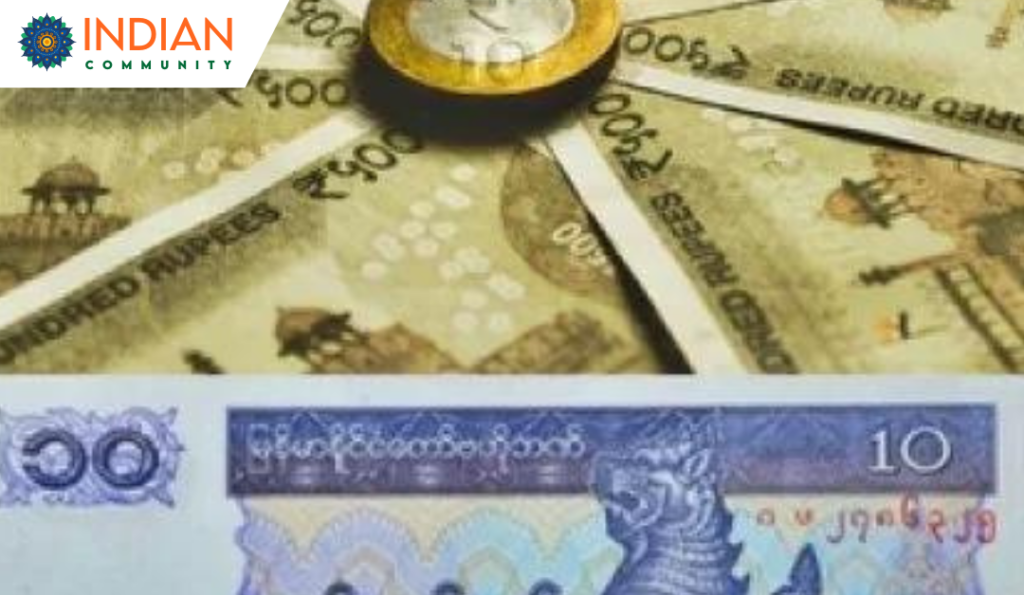India and Myanmar have executed the first transaction under the Rupee-Kyat Trade Settlement Mechanism. On July 2, 2024, the Yangon office of the Punjab National Bank completed a transaction exceeding one crore rupees for the shipment of pulses, marking a significant milestone in bilateral trade.
The Central Bank of Myanmar issued guidelines for payment procedures via the Special Rupee Vostro Account (SRVA) on January 26, 2024. This mechanism covers both sea and border trade, facilitating transactions in local currencies. The Embassy of India in Yangon encouraged businesses to adopt the system to enhance trade efficiency.
In an April meeting, the Secretary of the Department of Consumer Affairs, Nithi Khare, and Indian Ambassador to Myanmar, Abhay Thakur, discussed the fluctuating prices of pulses and the impact of exchange rates. The new payment mechanism aims to simplify trade processes and reduce conversion costs, benefiting both nations.
The Indian government has urged importers and stakeholders to provide weekly stock updates through the official portal and to adopt the SRVA system facilitated by Punjab National Bank. The SRVA allows domestic banks to offer international banking services without a physical presence abroad.
The SRVA has three key components: transactions in domestic currency, market-determined exchange rates, and final settlements in rupees. This arrangement could reduce the need for Forex reserves. Approval from the Reserve Bank of India and compliance with the Foreign Exchange Management Act (FEMA) are required for banks participating in this mechanism.
Source: Organiser

